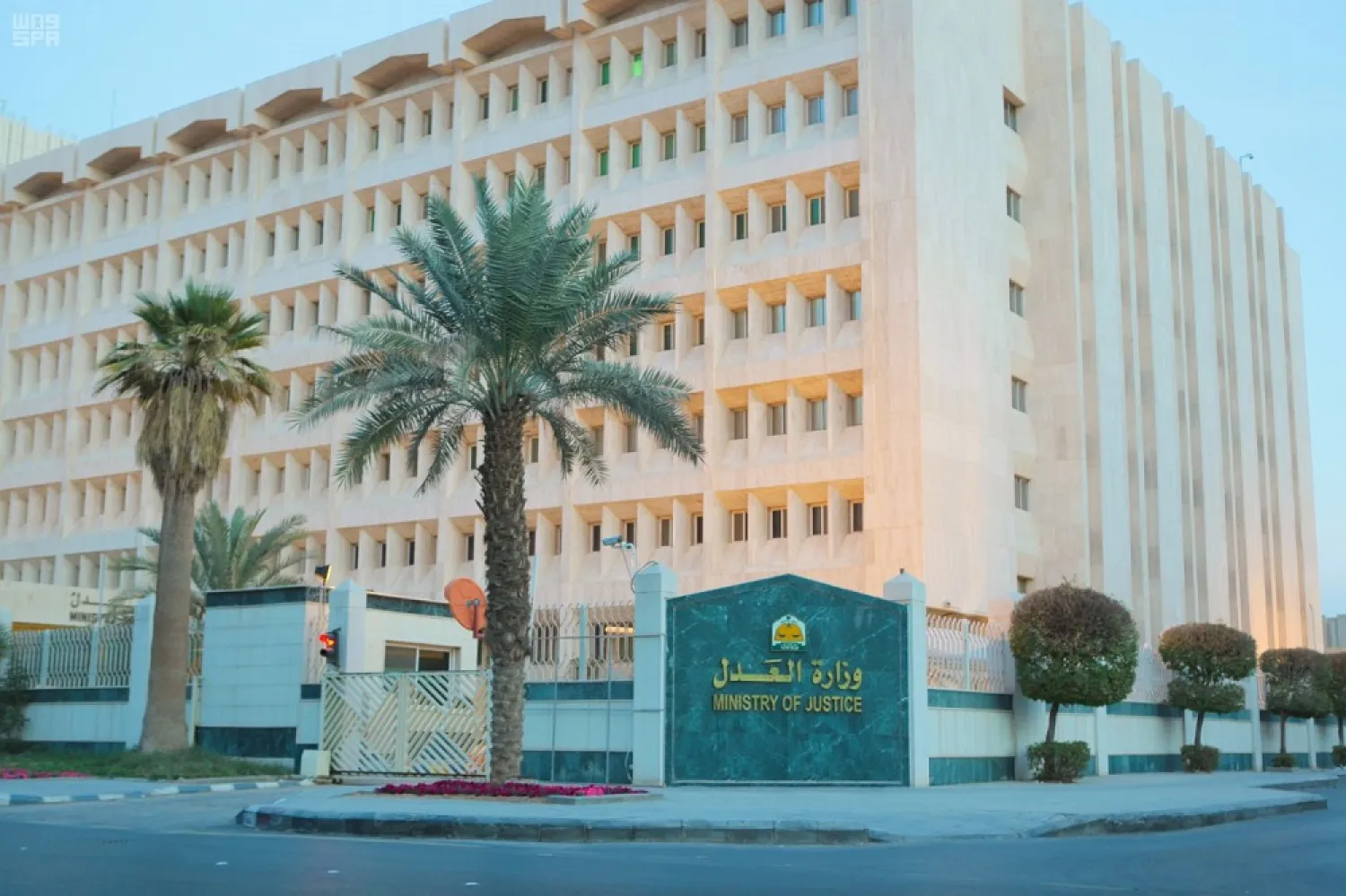The Saudi ministry of justice has approved the implementation of regulations for the Law of Commercial Courts, aiming to improve the commercial judiciary, fast-track decisions and boost the business environment in Saudi Arabia.
The regulations provide for special agreement between the parties and the organization of court panels according to the type of cases.
They also define the works of court assistants, controls of employing the private sector and expansion of expert witnesses to include merchants.
The regulations also set forth e-litigation procedures, the jurisdiction of commercial courts, mediation and adjudication procedures, case management and the quorum of judicial panels.
They provide for grievances and appeals, the judgments and decisions requiring pleadings, the duration of small claims and the rules of class actions.
Justice Minister Waleed Al-Samaani had previously emphasized that the Law of Commercial Courts would support digital transformation, enable swift decisions and establish an institutional methodology.









